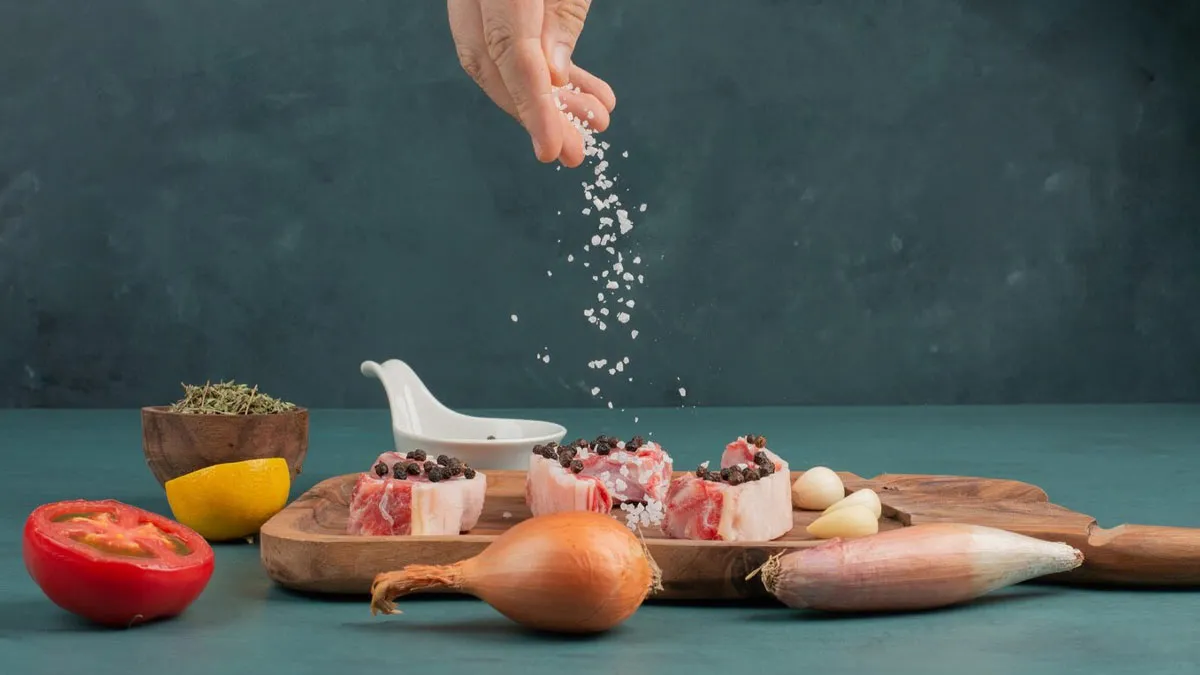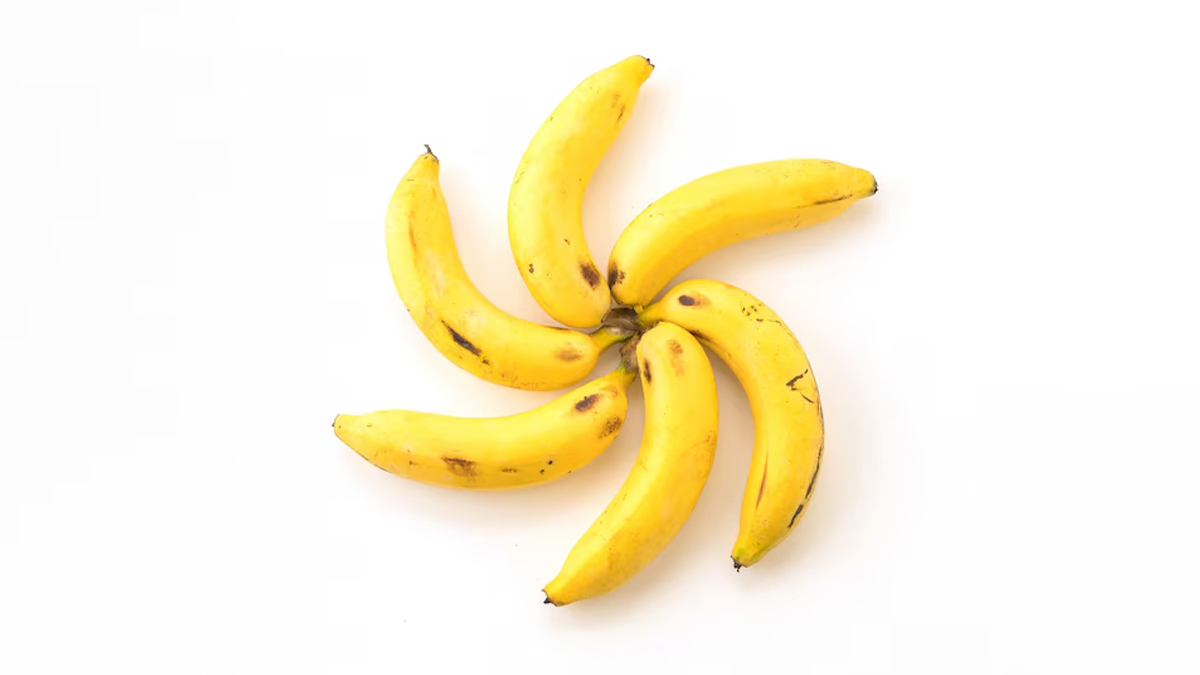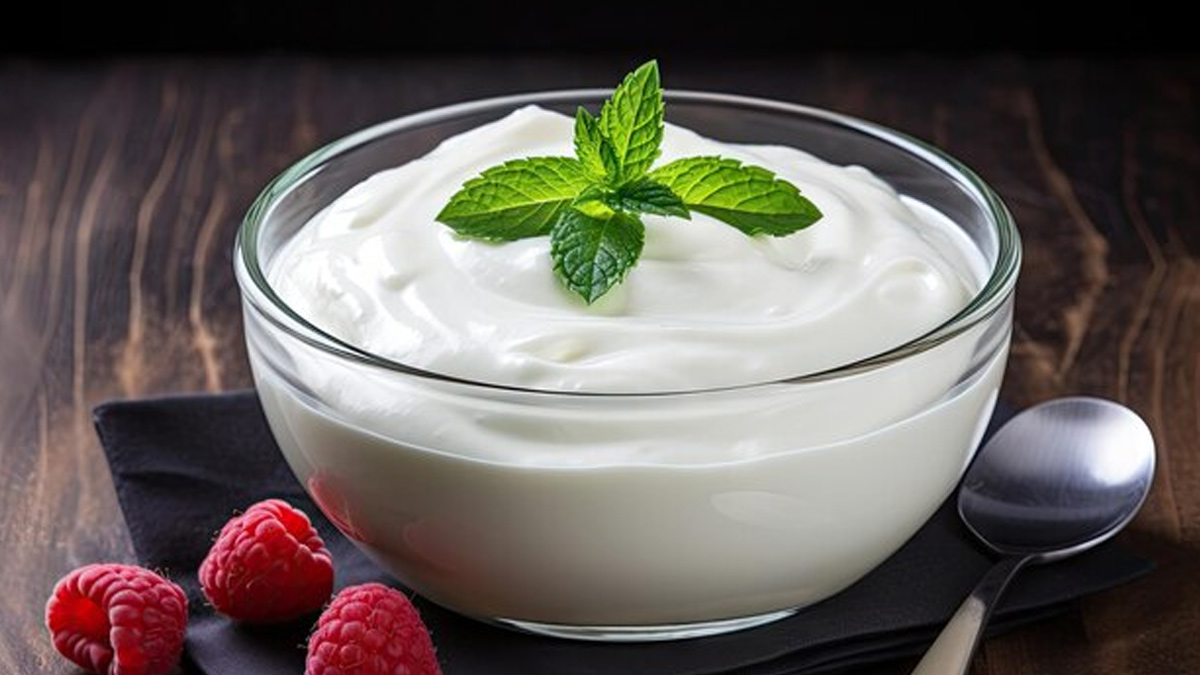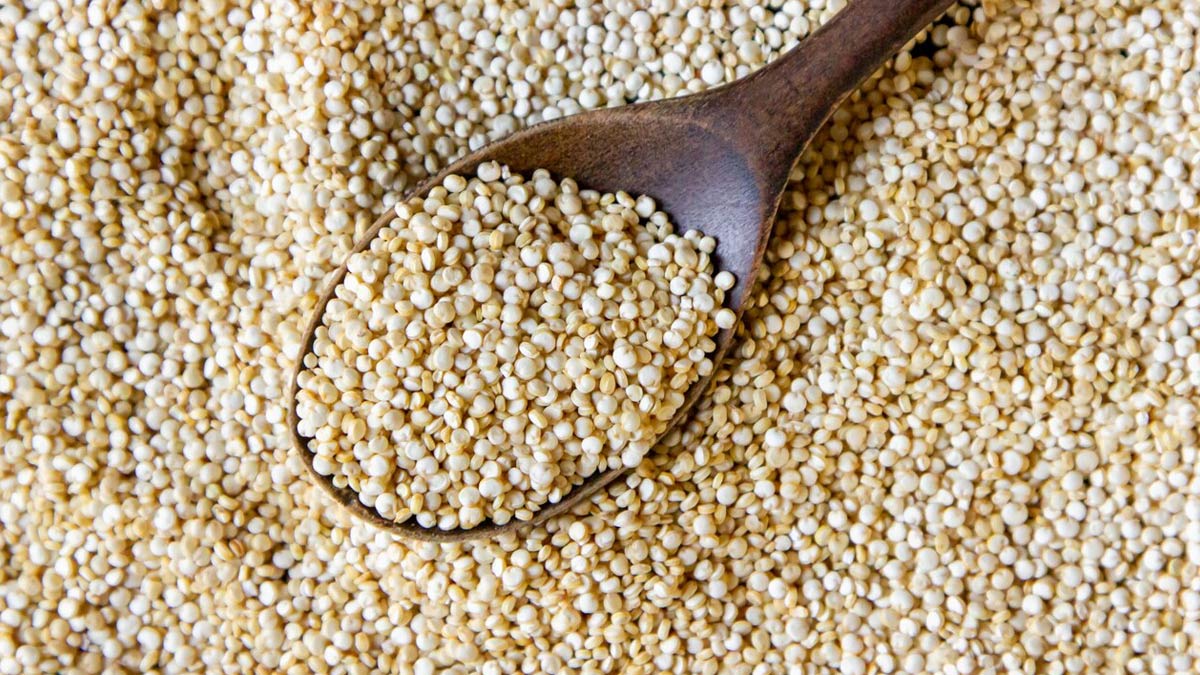
Maintaining the right balance of sodium in the body is important for overall health, as both excess and low levels can lead to issues like high blood pressure or dehydration. While the body regulates sodium levels naturally, certain foods and drinks can help restore balance. According to Dr Sunil Kumar Prabhu, Consultant Dermatologist and Aesthetic Physician, Aster RV Hospitals, JP Nagar, Bengaluru, incorporating potassium-rich fruits, hydrating beverages, and low-sodium foods can support optimal electrolyte levels and overall well-being.
Table of Content:-
Also Read: Is Potassium in Coconut Water Good for Your Health? Expert Bursts the Myth
Potassium-Rich Foods

Potassium is a mineral that helps lower the effects of sodium by promoting sodium excretion through urine and helping to maintain normal blood pressure.
A study published in The New England Journal of Medicine found that using a salt substitute, which is 75% sodium and 25% potassium, for 4.74 years lowered stroke risk by 14%, major heart events by 13%, and deaths by 12% compared to regular salt.
Foods include bananas, oranges, sweet potatoes, spinach, avocados, tomatoes, potatoes, beans like kidney beans, lentils, and black beans, and cantaloupe.
Magnesium-Rich Foods
Magnesium is another mineral that helps manage sodium balance by regulating sodium and potassium levels in cells, which helps maintain proper fluid balance and nerve function. It prevents excess buildup and lowers the risk of high blood pressure. It also relaxes blood vessels, improves blood flow, and reduces strain on the heart. By supporting muscles and reducing inflammation, magnesium helps keep blood pressure stable and protects heart health. Foods include almonds, pumpkin seeds, dark leafy greens (like kale and spinach), black beans, whole grains (like brown rice and quinoa), and avocados.
Calcium-Rich Foods

Calcium helps with vascular function and can aid in lowering blood pressure, counteracting sodium’s harmful effects. Foods include low-fat dairy (milk, yoghurt, and cheese), fortified plant-based milks (almond, soy, and oat milk), leafy greens (such as bok choy, collard greens, and turnip greens), tofu, and fortified cereals.
Hydrating Foods
Foods with high water content can help flush excess sodium from your body through urine. It is crucial to choose hydrating foods like cucumbers, watermelon, citrus fruits (like oranges and grapefruits), tomatoes, and lettuce.
Also Read: WHO’s New Guidelines on Low-Sodium Salt Intake: Here's What You Need To Know
Herbs And Spices
Instead of salt, you can use herbs and spices to add flavour to your meals while keeping sodium low. Some of the ingredients to add to your daily foods include garlic, basil, cilantro, oregano, cumin, and turmeric.
Whole Grains

According to Dr Prabhu, whole grains like oats, quinoa, and barley not only provide fibre but also contain magnesium, which helps regulate sodium levels by supporting the sodium-potassium pump. This process ensures excess sodium is flushed out of cells, preventing water retention and high blood pressure. Magnesium also relaxes blood vessels, improving circulation and reducing strain on the heart, further helping to maintain a healthy sodium balance.
Legumes
Legumes, such as beans, peas, and lentils, help balance sodium in the body due to their high potassium and fibre content. Potassium works to counteract the effects of sodium by promoting its excretion through urine, helping maintain normal blood pressure. Meanwhile, fibre supports a healthy gut and reduces water retention, preventing excessive sodium buildup. Together, these nutrients help regulate fluid balance and support overall heart health.
Conclusion
When trying to balance sodium, aim for a variety of these foods while reducing processed foods, which tend to be high in sodium. This will help you manage sodium levels and promote heart and kidney health.
Also watch this video
How we keep this article up to date:
We work with experts and keep a close eye on the latest in health and wellness. Whenever there is a new research or helpful information, we update our articles with accurate and useful advice.
Current Version
